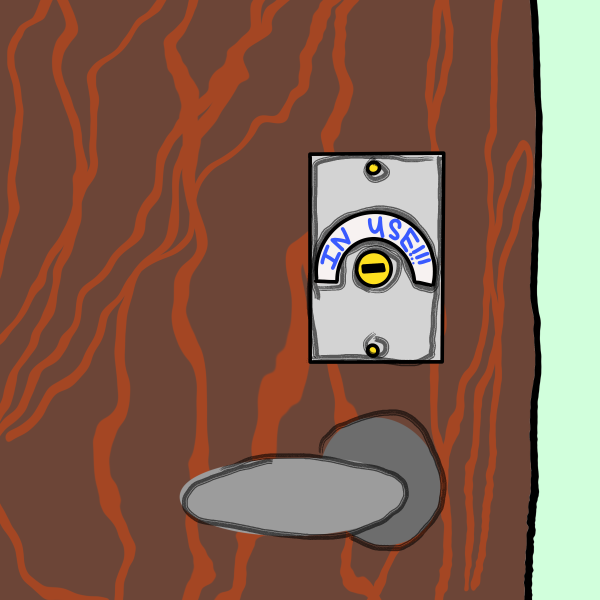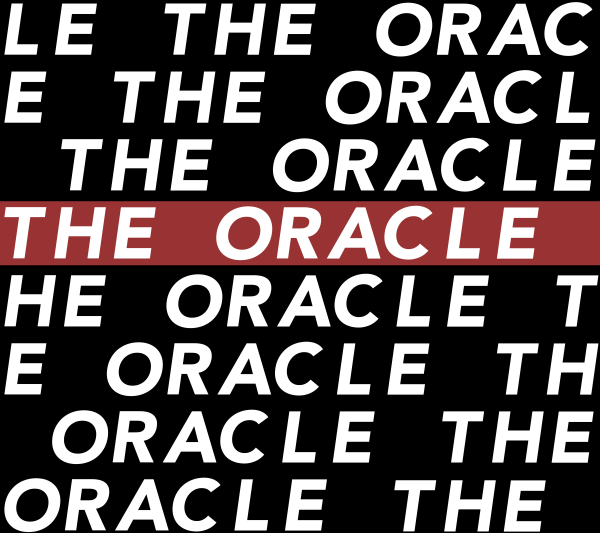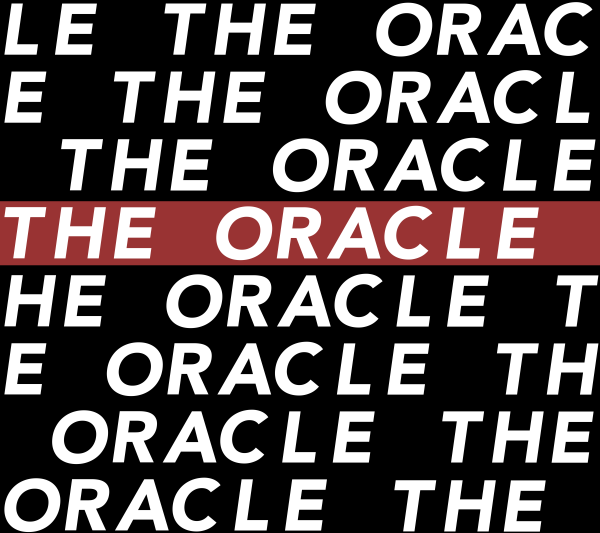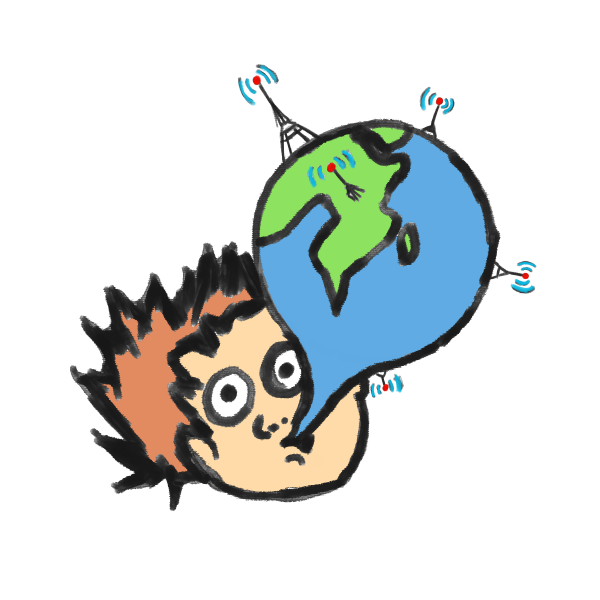A critique on “allyship”
Why we should probably stop using the word ‘ally’
October 21, 2020
I was tripping over a crack in the sidewalk in front of Spyhouse Coffee on a squally and petulant Thursday evening when I saw the t-shirt. My concentration on trying not to smash my head on the pavement as I fell prevented me from seeing the face of its wearer, but I got a clear enough view of the shirt itself through the fogged up glass.
It was the flowery lettering that really pushed me over the edge.
The shirt was black with white text across the chest. Little cartoon flowers climbed playfully up the sides of each letter.
The text was one word: “ally.”
For the sake of brevity, I’m going to move past the irony that this so-called “ally” was choosing to give their patronage to a coffee house well known for a string of racist incidents and onto my main point: We should probably stop calling ourselves “allies.”
When I say that, I do not mean the whole “ally is a title that you can’t claim as a person of privilege but must be ‘earned’ by continuously supporting marginalized groups” schtick that I’ve seen in a few infographics and tweets. I mean we shouldn’t use the word at all when we are talking about social justice issues.
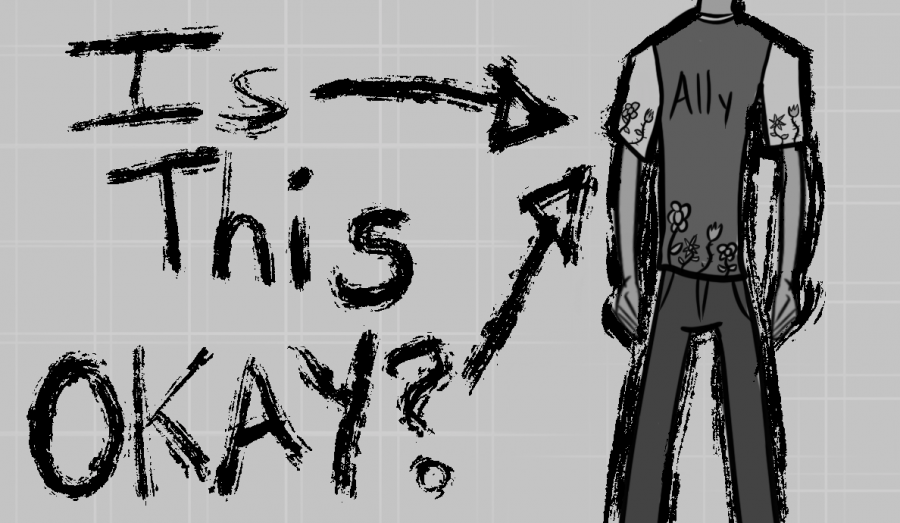
I think most people reading this would agree that working to educate yourself about systemic oppression and amplifying the voices of marginalized groups is something that any decent person of privilege should be doing at this point in history.
Being called an ally for doing these things is like getting a gold star just for being enrolled in elementary school. People who do “ally things” should not be considered exceptional, they should be considered the norm, and giving them the title of “ally” is doing exactly the opposite.
Making “allies” into a distinct group also opens up the possibility of making the idea into something that almost resembles a subculture. Once someone believes they fit under the category of an “ally,” they get comfortable there. The problem with this is that comfortable people let their guards down. That’s why we see so many people with Black Lives Matter posters in their dorm windows and the Black power fist as their profile pics who still commit microaggressions on an almost daily basis and have never once contributed financially to support marginalized groups.
If your only motivation for doing things that are conventionally expected of “allies” is to label yourself as such, then your behavior is far less likely to continue once this occurs.
Basically, if you need a t-shirt to say “don’t worry Black people, I’m one of the good ones,” you probably are not.
Aside from the fact that it’s unnecessary, the word “ally” also has a pretty strong connotative power dynamic. To my tongue, it has a hint of white-saviorism, and I do not like how that tastes.
When I hear the word “ally” I think about it in a geopolitical sense. Especially in wars when one nation sides with another over a common enemy.
Applied to the current situation, that does not really work. What we have today is a systemic problem caused by white people that continually oppresses Black and Indigenous people. Calling yourself an ally feels like a desperate bid to avoid seeing yourself as part of the problem, and acknowledging yourself as part of the problem is imperative to solving it.
Yes, we should keep the Black Lives Matter signs. Yes, we should keep reposting useful and relevant infographics, but we have to remember to also walk the walk. That means continuing to educate yourself, critically examining your role in society as a person of privilege and, if you have the means, contributing financially to support marginalized groups without the undertones of self-congratulatory pomp and circumstance in the word “allyship.”


